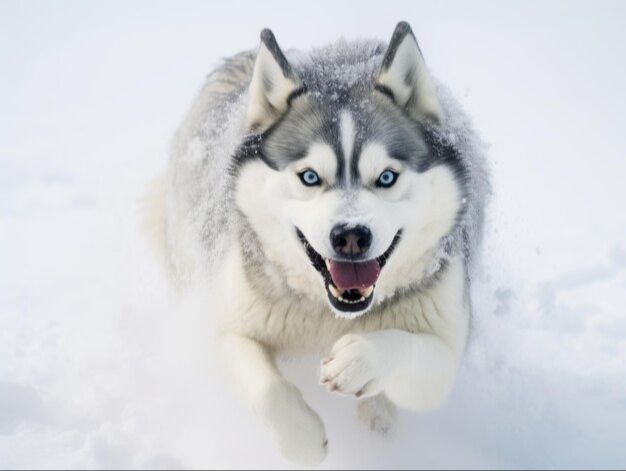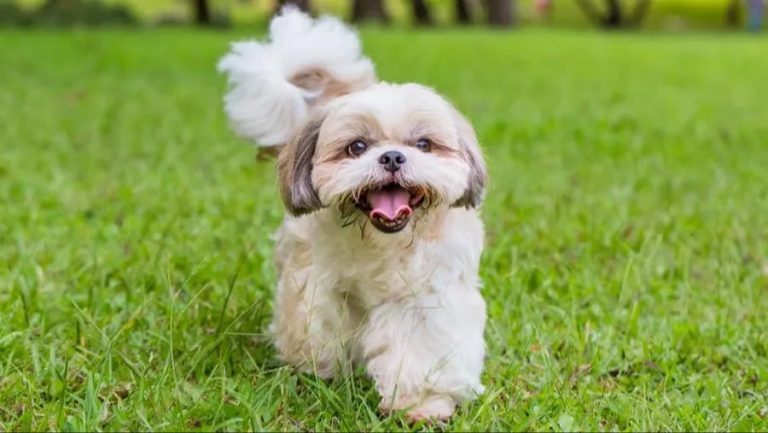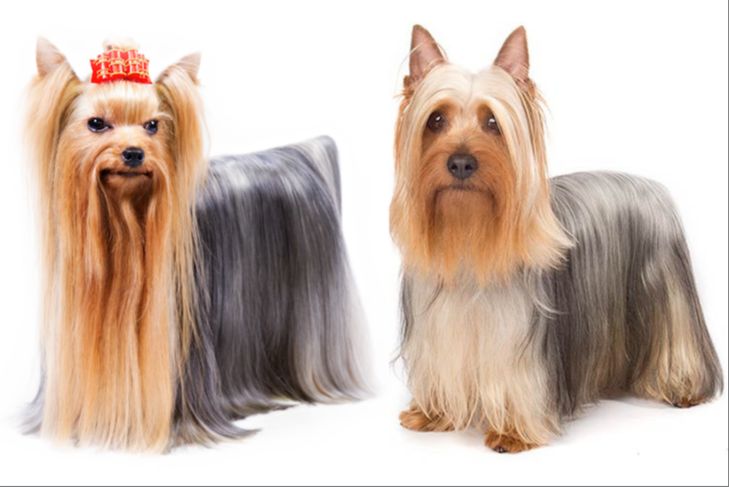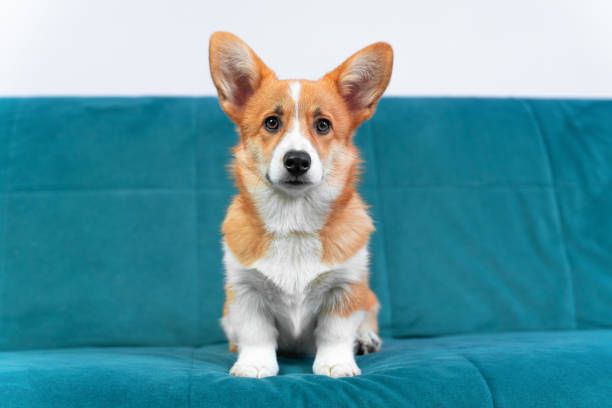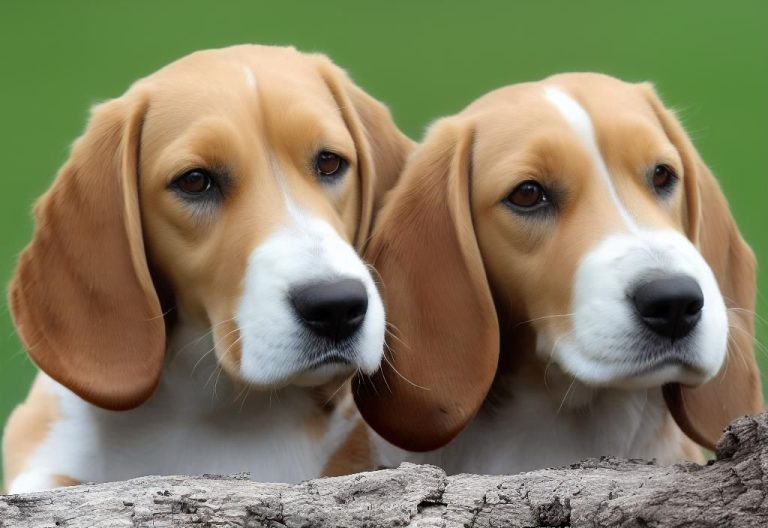Chihuahua: Small Dog, Big Personality – What To Expect
The Chihuahua is a tiny dog breed named after the Mexican state of Chihuahua. They are known for their small stature but big personalities. Chihuahuas have a long history, dating back to ancient times.
Chihuahuas originated from a small dog called the Techichi which was kept by the Toltec civilization in Mexico as early as the 9th century. The Techichi was thought to guide souls to the underworld after death. Later, around the 1300s-1500s, the Aztecs conquered the Toltecs and continued breeding the Techichi, believing it brought good luck (American Kennel Club, 2022).
When Spanish explorers arrived in the 1500s, they brought some of the native Techichi dogs back to Europe, breeding them with small lapdogs. This created the modern Chihuahua breed we know today. Despite their tiny size, Chihuahuas have huge personalities and remain a popular companion dog.
Appearance
Chihuahuas are known for being one of the smallest dog breeds. According to PetchiDog, they typically stand 5-8 inches tall at the shoulder and weigh no more than 6 pounds. However, there can be some variation in size with teacup Chihuahuas on the smaller end and deer head Chihuahuas being larger.
Chihuahuas come in two different coat types: smooth coat and long coat. Smooth coat Chihuahuas have short, glossy fur while long coat Chihuahuas have a soft coat that’s flat or slightly curly. Chihuahuas also come in a wide variety of colors including black, tan, fawn, red, cream, chocolate, and more. Some Chihuahuas are solid in color while others have markings like brindle, sable, or piebald according to Pawlicy.
In terms of their physique, Chihuahuas have a well-rounded apple shaped head with large erect ears. They have bright, expressive eyes and a muzzle that ends in a point. Their tails curl up or over their back. Overall, Chihuahuas have a compact, graceful body despite their small stature.
Temperament
Chihuahuas are known for having big personalities despite their small size. They are extremely loyal to their owners and family. Once bonded with their person, they will eagerly follow them around the house and want to be involved in everything they do. Chihuahuas are highly intelligent and quick to learn new tricks and commands. Their intelligence makes them easy to train, though they can be stubborn if not motivated with treats and praise.
Chihuahuas tend to be feisty and sassy. They have a bold attitude and are not afraid to voice their opinions. Their small size does not stop them from acting like they are a big dog. With proper socialization, Chihuahuas get along well with other pets and children. However, some Chihuahuas exhibit more timid, anxious, and nervous temperaments. Without proper training and socialization, these behaviors can become more pronounced. Chihuahuas are extremely alert and make excellent watchdogs. They will readily notify their owners of any unusual sights, sounds, or visitors.
Activity Level
Chihuahuas have relatively low exercise needs compared to some other breeds. They typically require around 30 minutes to 1 hour of exercise per day. This can be met through short walks around the neighborhood or active indoor play.
Due to their small size, Chihuahuas do not require long walks or hikes. In fact, long walks can potentially lead to hypothermia or joint injuries in Chihuahuas. Short 10-15 minute walks 1-2 times per day are ideal.
Chihuahuas enjoy active indoor play as well, such as chasing toys or playing fetch inside the home. This can help meet their exercise needs. Interactive toys and food puzzles provide mental stimulation when outdoor exercise is limited.
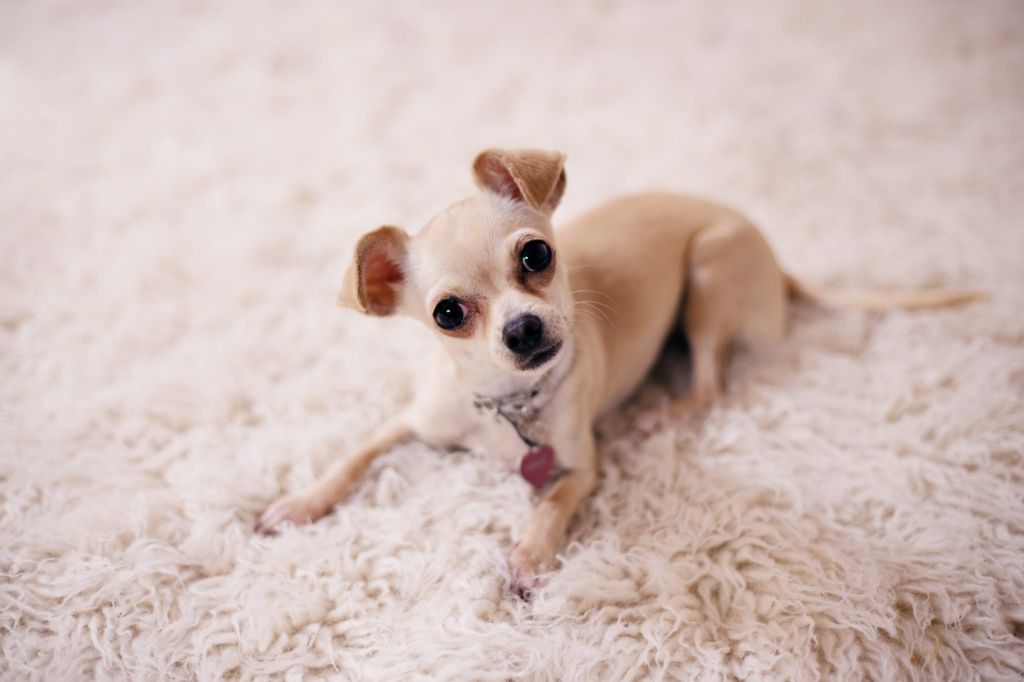
Overall, the Chihuahua is well-suited for individuals and families who prefer low-maintenance exercise routines. Their exercise needs can be met even in small living spaces.
Grooming
Chihuahuas have minimal grooming needs overall, though occasional brushing and nail trims are recommended. Short-haired Chihuahuas only need a weekly brushing to remove dead hair and skin cells (source). Use a soft-bristle brush all over the body, legs, chest, and tail. Long-haired Chihuahuas require more frequent brushing, about 2-3 times per week, to prevent mats and tangles.
Trim nails every 2-3 weeks to keep them short and prevent splintering. Use dog-safe clippers and take just the very tips off to avoid hitting the quick. Touchpads should be checked regularly as well for overgrowth. Provide dental care by brushing teeth 2-3 times per week.
Bathing is only necessary every few months, when dirty. Use a gentle dog shampoo and thoroughly rinse out. Avoid over-bathing, as this can dry out the skin. Ears should be checked weekly for dirt and excess wax buildup. Gently wipe outer ears with a cotton ball dampened with ear cleaner. Pluck ear hairs as needed.
Training
Chihuahuas are intelligent dogs that can be trained with patience, consistency and positive reinforcement. They respond very well to training methods that utilize praise, play and food rewards “Helpful Tips: Training Your Chihuahua”. Chihuahuas should never be trained using punishment, anger or aggression. It’s important to keep training sessions short and positive.
Socialization is also very important for Chihuahuas. They should be exposed to new people, places, dogs, sights and sounds from an early age. Well-socialized Chihuahuas are more confident and better adjusted. Consider puppy kindergarten classes which provide structured socialization opportunities “Tips to Train Your Chihuahua”. With persistence and positivity, Chihuahuas can be trained into wonderful companions.
Health
Chihuahuas are prone to certain health issues, many of which are related to their small size. Some of the most common chihuahua health problems include:
- Luxating Patella – This is a hereditary condition where the kneecap becomes dislocated. It causes lameness and pain in the joint. Surgery may be required in severe cases.[1]
- Hypoglycemia – Chihuahuas can experience low blood sugar. This is especially common in puppies and small dogs. Symptoms include lethargy, tremors, and seizures.[2]
- Heart Disease – Chihuahuas are prone to mitral valve disease and patent ductus arteriosus, which can lead to heart failure if left untreated.[3]
- Collapsing Trachea – The trachea can flatten and collapse, causing coughing, wheezing, and labored breathing. This is often triggered by excitement, exercise, or pulling on a leash.
- Dental Disease – Overcrowding and misaligned teeth are common. This can lead to painful dental issues if not properly cared for.
On average, chihuahuas live between 12-20 years. Make sure to monitor your chihuahua for signs of illness like lethargy, weight loss, limping, coughing, or dental issues. Annual vet visits can help detect problems early.
Nutrition
Chihuahuas have small mouths and stomachs, so they need a diet of small kibble or meal portions. According to the Pet Plate article, “Their diet needs to be completely nutritionally balanced for their age and weight” (https://www.petplate.com/blog/diet-nutrition-guide-chihuahuas/). Smaller kibble pieces are easier for chihuahuas to chew and digest. Measured meals in the 1/4 to 1/2 cup range spaced throughout the day will help avoid overeating and obesity.
The A-Z Animals article recommends feeding chihuahuas “2 to 3 small meals spaced throughout the day” and notes omnivorous chihuahuas should eat “a variety of meat proteins, eggs, vegetables and fruits” (https://a-z-animals.com/blog/what-do-chihuahuas-eat-their-diet-explained/). High quality commercial dog food designed for small breeds provides a balanced diet. Supplement with fruits and vegetables like apples, bananas, carrots and greens in moderation.
Finding a Chihuahua
When looking to bring home a Chihuahua, you have two main options – adopting from a shelter or rescue or purchasing from a breeder. Both have their pros and cons.
Adopting from a shelter or rescue allows you to provide a home to a dog in need. Shelters and rescues often have puppies as well as adult Chihuahuas available for adoption. Adoption fees typically range from $50-$400 depending on the organization. The downside is that you may not know as much background information about the dog’s history and health.
Purchasing from a reputable breeder allows you to get a puppy and know about the lineage and health history of the parents. However, you will pay a premium for a purebred Chihuahua puppy, usually $500-$1,500. Be sure to research breeders thoroughly, visit facilities, and ask for health certifications.
According to https://ilovemychi.com, when looking for a Chihuahua, be patient and keep adoption costs in mind. Reach out to rescues, shelters, and breeders to find the right match for your family.
Conclusion: The Chihuahua’s Diminutive Size, Big Personality Could Be the Right Fit
The Chihuahua packs quite a personality and energy level into its small body. These tiny dogs have a larger-than-life persona and will keep their owners endlessly entertained with their big personalities and antics. Chihuahuas bond very closely with their people and can be fiercely devoted, protective companions.
The Chihuahua needs consistent training and socialization at an early age to ensure good behavior. They perform well in any setting, from apartments to houses with yards, as long as their exercise needs are met with daily walks and play. Their small size makes Chihuahuas very portable.
While their minimal grooming needs are a plus, Chihuahuas do require close attention to dental care. Potential health issues like hypoglycemia, tracheal collapse, and luxating patellas can arise but can often be avoided with proper nutrition and veterinary care.
Loyal, spunky little Chihuahuas will enthusiastically shower their owners with affection. Their size makes them ideal pets for singles, seniors, and families with older children. As long as their sometimes feisty temperament is properly managed, the energetic and entertaining Chihuahua can be a devoted small dog companion.

